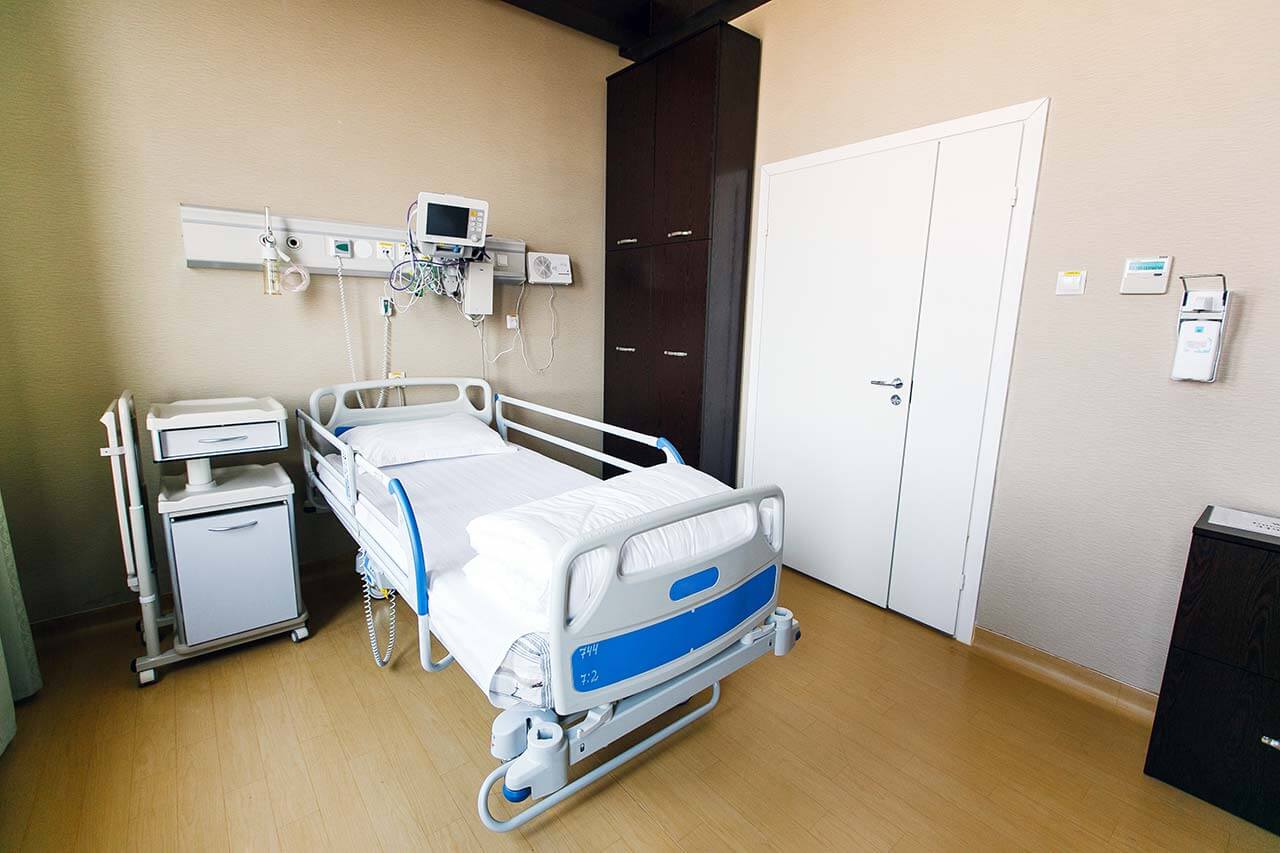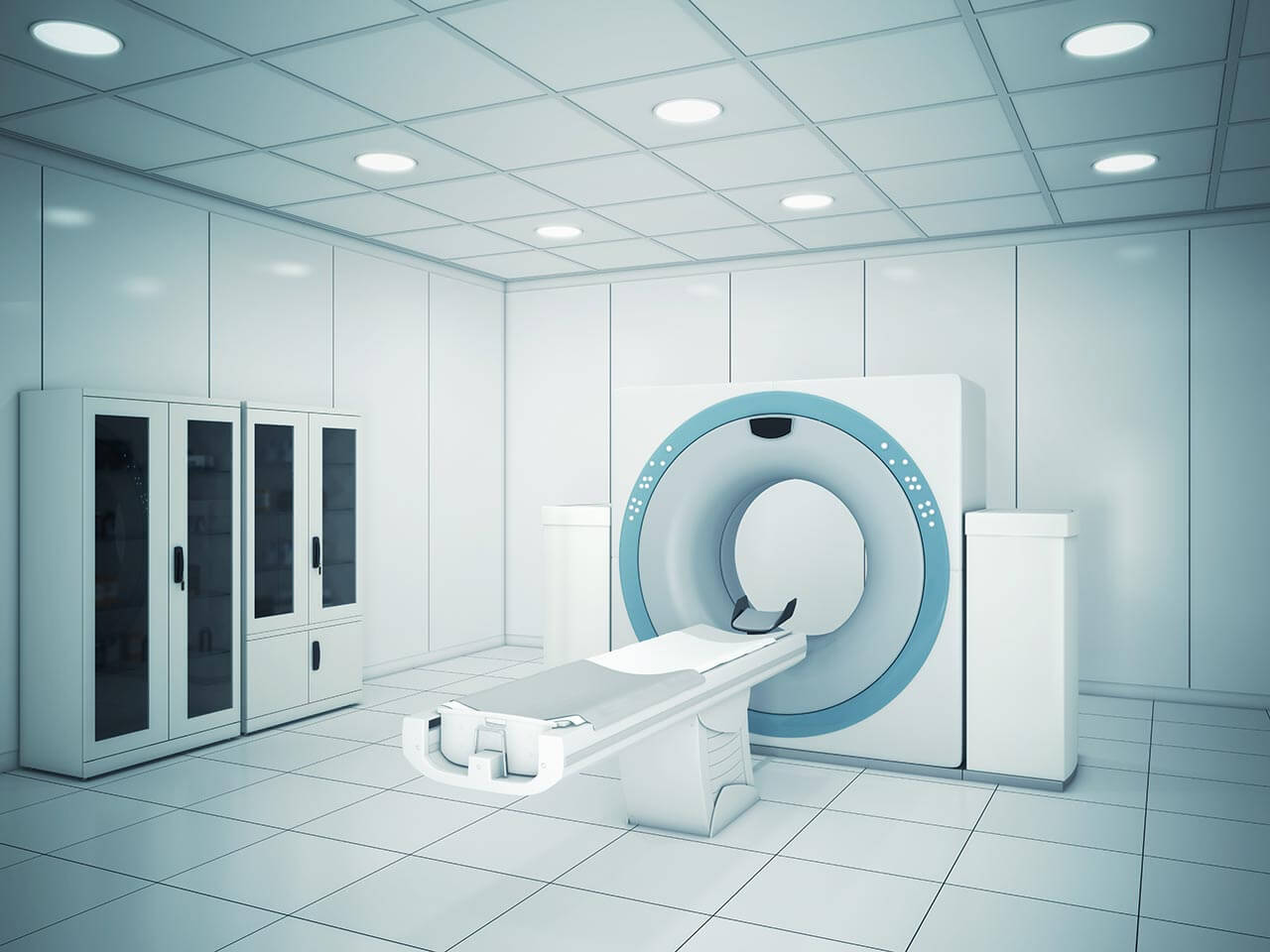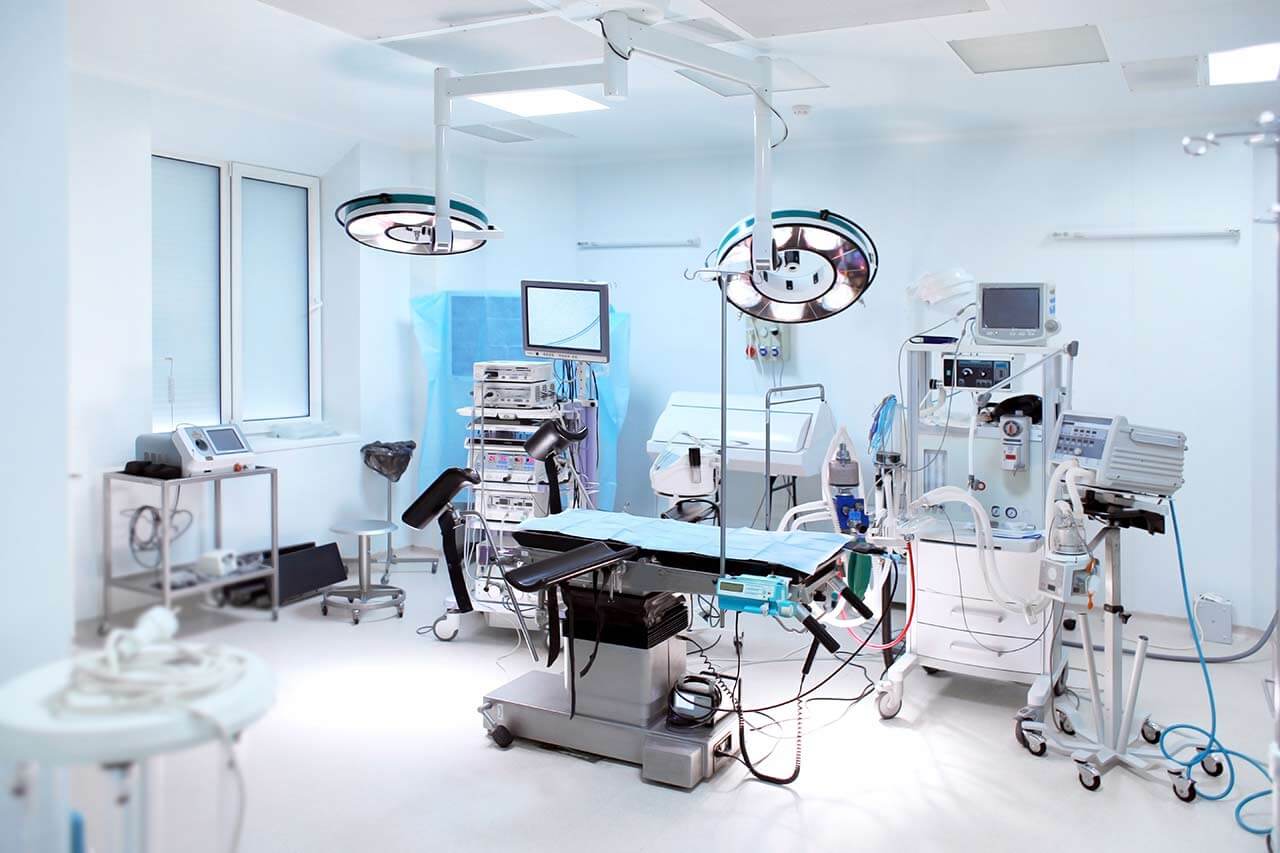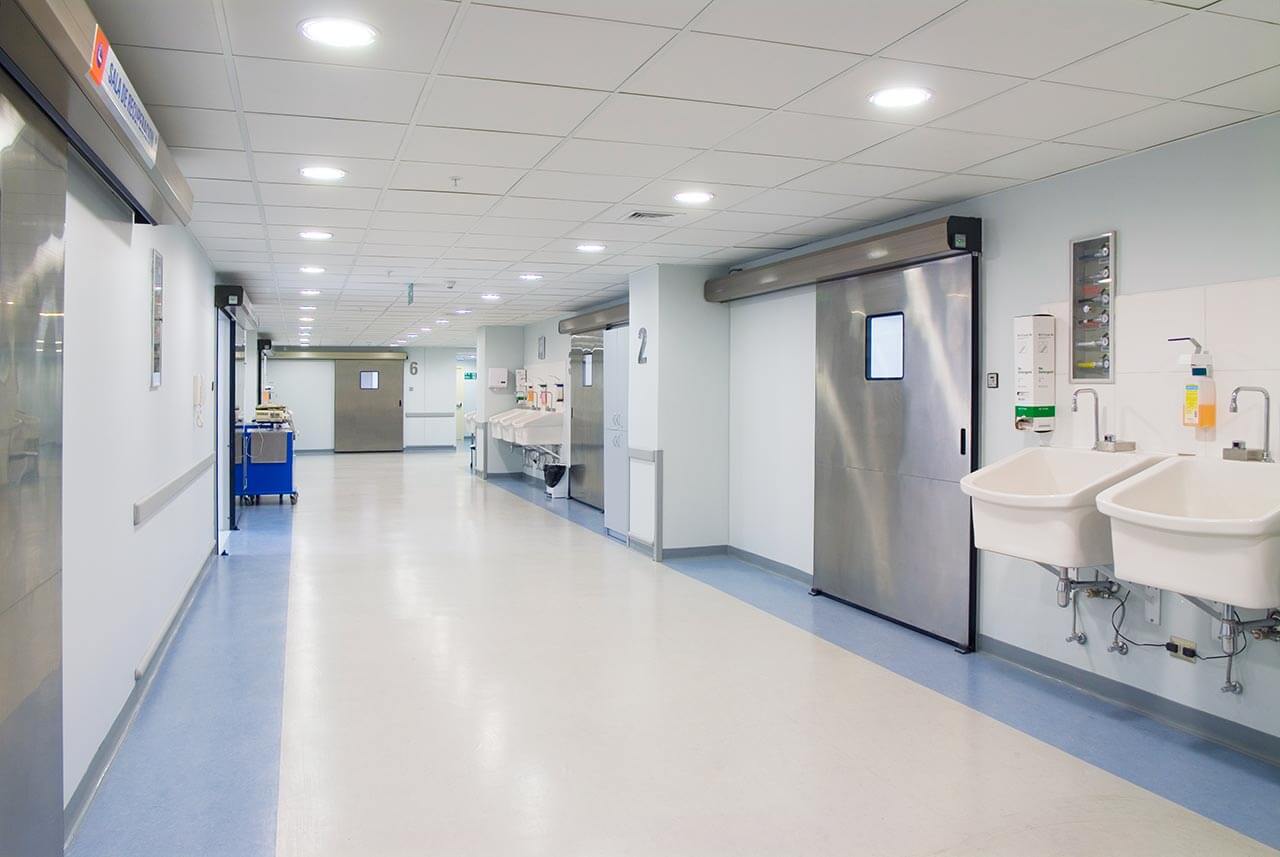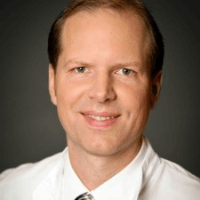
About the Department of Vascular Surgery and Angiology at Alfried Krupp Hospital in Essen-Ruettenscheid
The Department of Vascular Surgery and Angiology at the Alfried Krupp Hospital in Essen-Ruettenscheid deals with the diagnostics and treatment of patients with all types of diseases of the arteries, veins and lymphatic vessels. The medical facility offers the full range of modern therapeutic options, ranging from conservative therapy to endovascular and open surgical interventions. The priority in the department's clinical practice is given to the treatment of vascular stenoses and occlusions, abdominal aortic aneurysms, occlusive peripheral arterial disease, varicose veins, and deep vein thrombosis. In addition, the department is distinguished by its special competence in interventional procedures for the formation of dialysis access, the treatment of ulcus cruris and diabetic foot syndrome. The medical facility is certified by the German Society for Vascular Surgery (DGG) and the German Society for Angiology (DGA), which testifies to the excellent quality of medical care according to the very latest standards. Vascular surgeons and angiologists cooperate closely for the benefit of their patients in order to effectively restore their health. The department is headed by Dr. med. Thomas Nowak.
The department has excellent technical resources for high-quality diagnostics, which is essential in choosing the most effective course of therapy. The department's diagnostic rooms are equipped with advanced systems for color duplex sonography, contrast-enhanced sonography, continuous wave Doppler sonography, assessment of transcutaneous oxygen tension (TcPO2), capillary microscopy, CO2 angiography and other tests.
The tasks of angiologists include conservative treatment of diabetic foot syndrome, ulcus cruris, deep vein thrombosis, varicose veins, thrombophilia, lymphedema and circulatory disorders in the lower limbs. The specialists use highly effective latest generation medications, infusion therapy, compression therapy, decongestive therapy and other methods. If the pathology has reached an advanced stage, and the patient requires more radical therapeutic measures, the department's specialists carry out endovascular interventions, which today are the gold standard in the treatment of vascular diseases. Such operations are performed in cooperation with vascular surgeons. When performing endovascular interventions, doctors use special catheters, which allow for access to the affected area of the vessel. The catheter is inserted into the vascular bed through an incision several centimeters long, under the guidance of ultrasound or CO2 angiography. The image of the operating field is transmitted to a large screen, so the doctor can clearly see the inner surface of the vessel and can perform the necessary therapeutic manipulations with maximum accuracy. In most cases, the department's doctors use endovascular techniques to implant stents and balloons in the treatment of aortic stenosis, occlusions and aneurysms.
In some cases, endovascular interventions do not allow the doctors to achieve a complete cure for vascular pathology, and therefore vascular surgeons perform hybrid operations involving a combination of endovascular and classical open techniques. The last-line therapy for vascular disease is open surgery. The advantage for the department's patients is the vast clinical experience of specialists in the field of endovascular and hybrid interventions, as well as the availability of a progressive technical base, due to which open interventions are performed only in especially complex clinical cases.
The department's main clinical focuses include:
- Angiology
- Pharmacotherapy with pills
- Infusion therapy
- Compression therapy
- Decongestive therapy
- Vascular surgery (focus on endovascular and hybrid techniques)
- Interventions for arterial diseases
- Recanalization of the arteries of the upper and lower extremities
- Arterial dilatation in their stenosis
- Arterial bypass surgery using autologous tissues and vascular prostheses
- Blood clot removal (thrombectomy)
- Interventions for pathologies of the arteries supplying the brain
- Dilation for carotid artery stenosis (including for stroke prevention)
- Interventions for aortic pathologies
- Open and endovascular interventions for aortic aneurysms
- Interventions for acute mesenteric ischemia
- Interventions for venous pathologies
- Interventions for varicose veins
- Interventions for deep vein thrombosis
- Interventions for pulmonary embolism
- Interventions for the formation of dialysis access, including revision interventions, placement of port systems and catheters
- Interventions for ulcus cruris
- Surgical debridement
- Skin plastic repair
- Vacuum therapy
- Biosurgery (larval therapy)
- Interventions for diabetic foot syndrome
- Revascularization
- Amputation
- Interventions for arterial diseases
- Other therapeutic options
Curriculum vitae
Higher Education and Professional Career
- Study of Human Medicine at the Faculty of Medicine, University of Duesseldorf.
- Postgraduate training in endovascular surgery, HELIOS Clinic Krefeld.
- July 2010 - January 2013 Head of the Department of Endovascular Surgery at the HELIOS Clinic Krefeld.
- Since January 2013 Head of the Department of Vascular Surgery and Angiology at the Alfried Krupp Hospital in Essen-Ruettenscheid.
Clinical Interests
- Treatment of vascular stenosis with stent implantation.
- Treatment of carotid artery diseases.
- Treatment of atherosclerosis.
- Treatment of aortic aneurysms.
Photo of the doctor: (c) Alfried Krupp Krankenhaus
